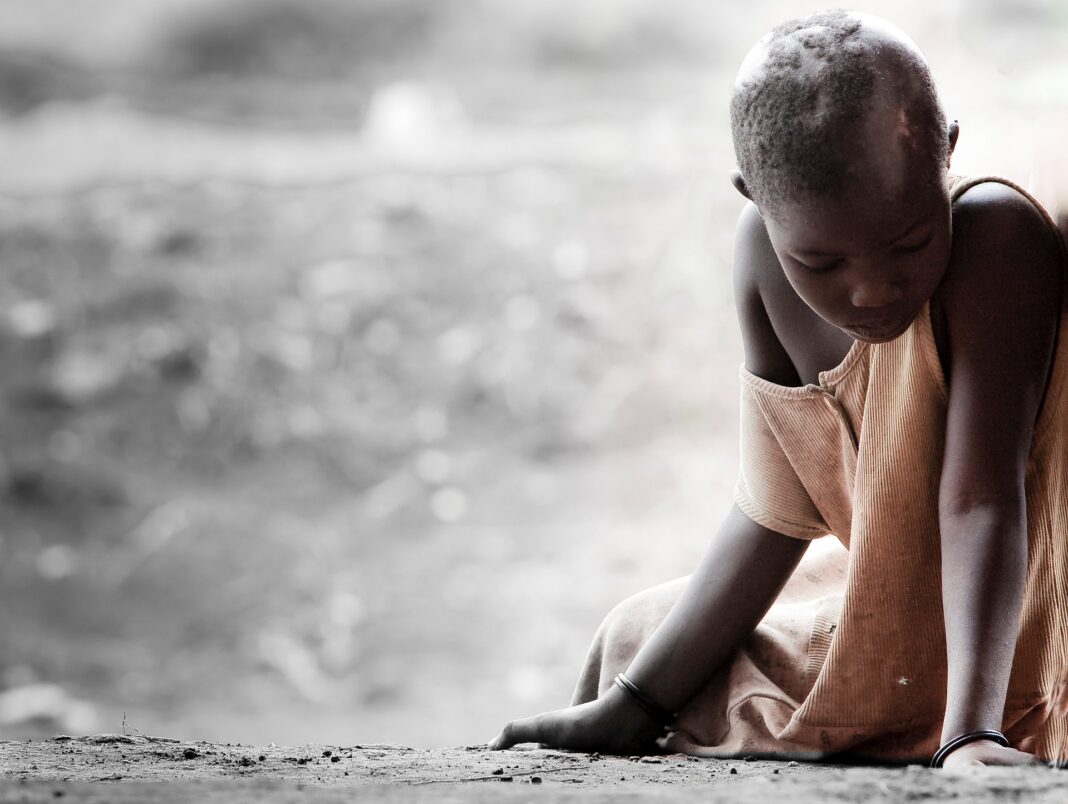Suppose you awoke to find a fairy or genie willing to grant one wish, that would positively impact persons with disabilities by the swing of the wand, what would you ask for? It is disturbing how invisibility and discrimination continue to be perpetrated against African girls and women with disabilities because of gender disparities in various life spheres. Menstruation is a major aspect that is consistently ignored. World Report on Disabilities estimates that 15% of a country’s population is persons with disabilities, with 80% living in developing countries (WHO; World Bank 2011). Girls constitute nearly half of the estimate, thus making menstruation a contentious topic. (Groce, 1999)
Menstruation Taboo
In Africa, menstruation is considered a taboo subject, that causes embarrassment when discussed based on culture, traditions or geography (rural or urban). It is viewed as a situation for women to manage, and veil under secrecy, myths, and silence. (WSSCC; MOH, 2016) Men rarely take the initiative to understand the concept. They experience confusion, inadequate knowledge, and ignorance which lead to their inability to assist their daughters, nieces, wives, among other women regarding menstruation. Imagine adding disability, and sexuality into that scenario, and it becomes a whirlpool of tangled emotions. Little has been done to address the needs of girls with disabilities in the education sphere compared to the boys, thus increasing their limitation and helplessness in understanding their menstruation needs.
Women and girls with disabilities
The disability spectrum covers the visual, hearing, mental, intellectual, physical, invisible, and speech impairments occurring at birth or in childhood. Mythically, it is viewed that disability prevents menstruation, or giving birth. The society and some health workers embrace the termination of menstruation, and cessation of women with disabilities biological and reproductive rights through sterilization, because of distorted views such as an accident, sexual assault, and sympathy.

Cultural, parental and societal attitudes towards menstruation and disability can be changed through advocacy, lobbying, and awareness creation. Reasonable accommodation should be provided to women and girls with disabilities to avoid embarrassment and enhance their independence. The African population, especially men, should be exposed to knowledge which would assist them to develop their capacities and expand their minds regarding menstruation and disability.
Eventually, through training, the process will cascade down from the family level to communities, and society in general. It would be an exciting day when the gap between menstruation, gender, and disability will minimize, and the silence broken. When girls and women with disabilities can freely speak about their biological, and reproductive processes with their fathers, uncles, brothers, and cousins without fear of reproach.
Reference Link: https://www.who.int/disabilities/world_report/2011/report.pdf
Photo credit: Flickr.com, Pixabay.com
















